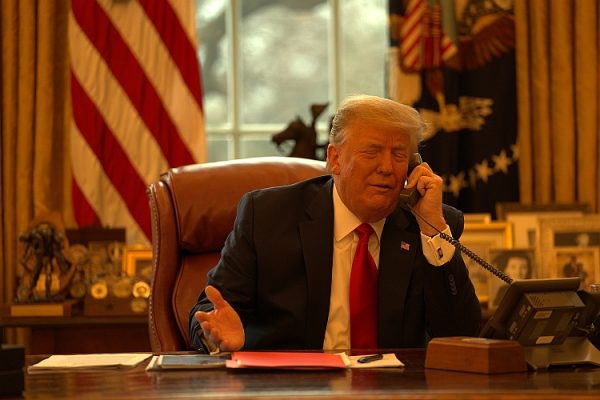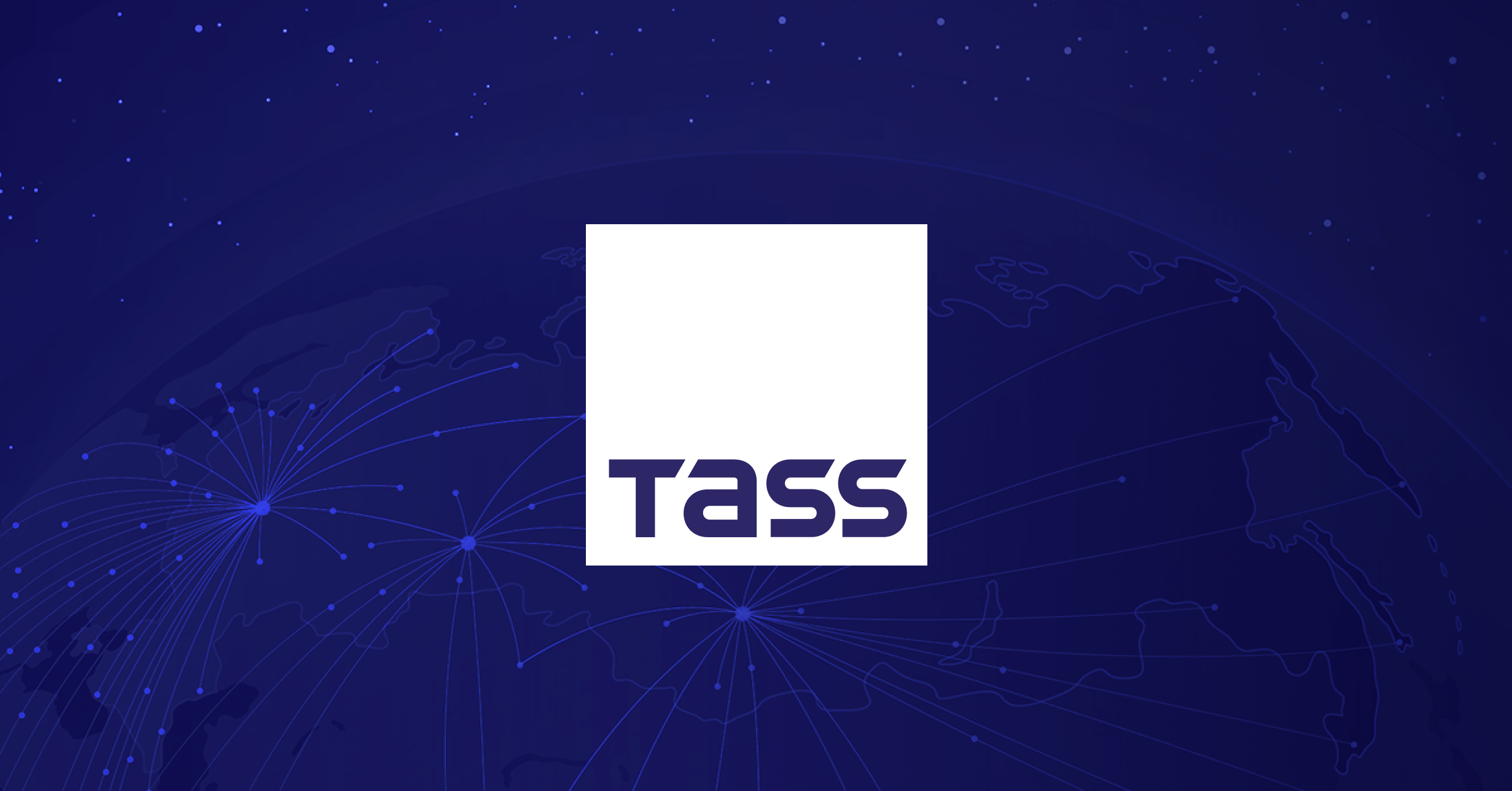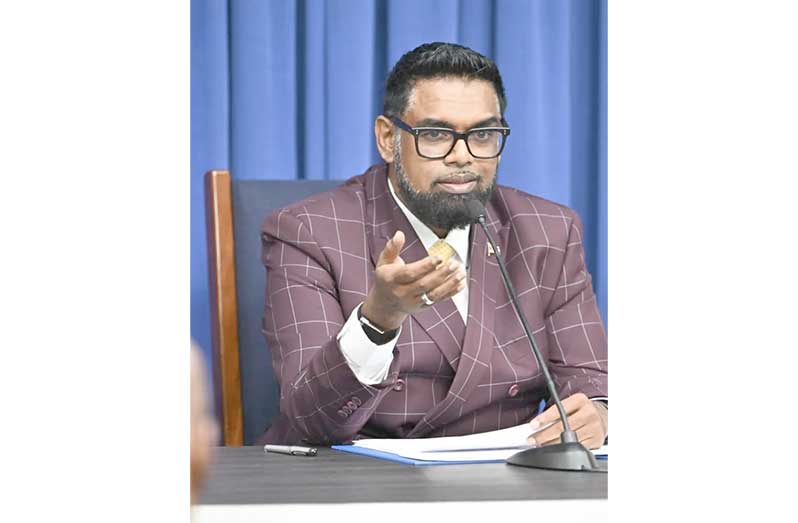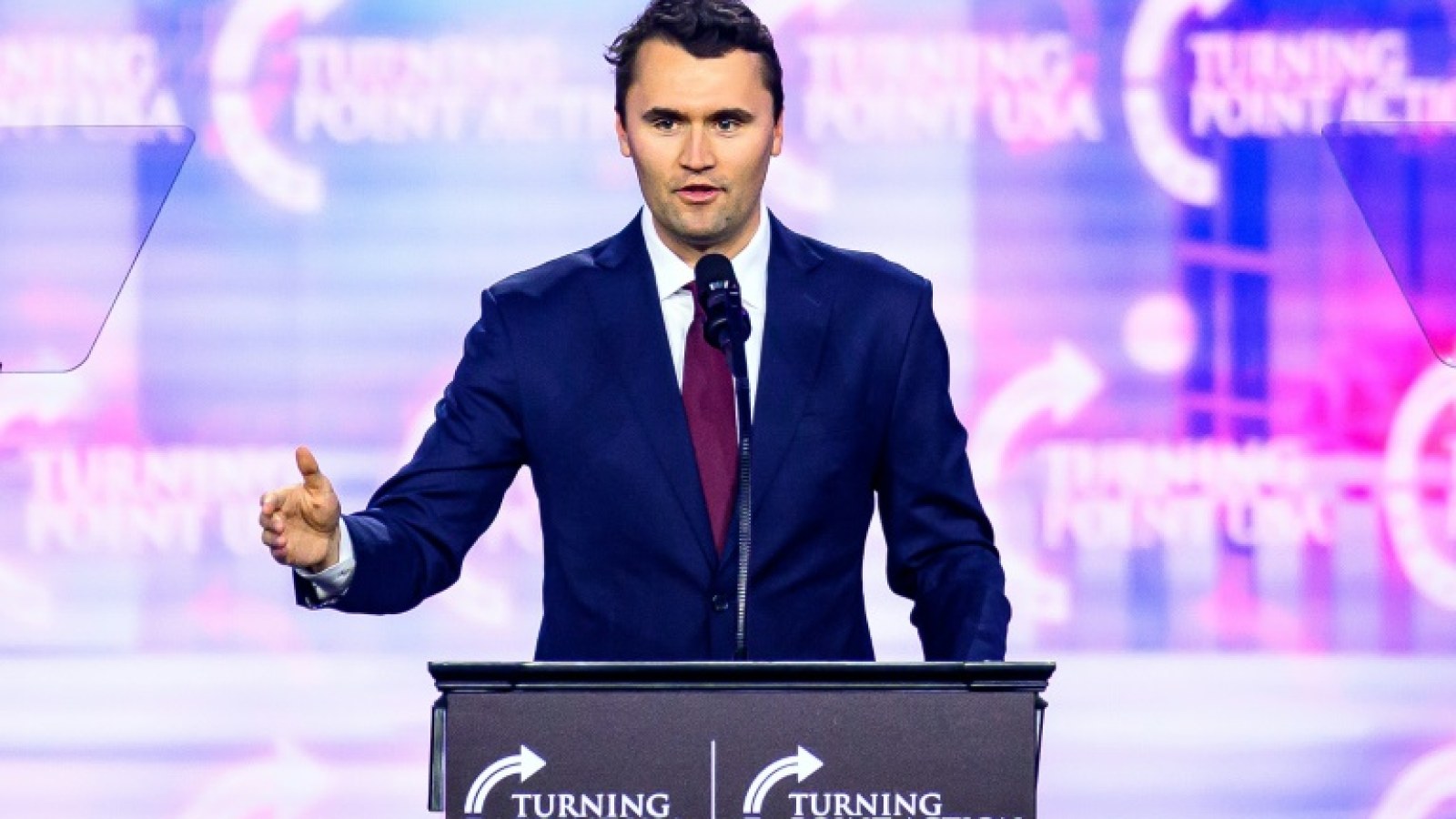By Shannon Tiezzi
Copyright thediplomat

Chinese President Xi Jinping and U.S. President Donald Trump had a much-anticipated phone call on September 19 to discuss continuing trade talks, among other issues. According to Trump, the call was “very productive.” In a post on Truth Social, he said, “We made progress on many very important issues including Trade, Fentanyl, the need to bring the War between Russia and Ukraine to an end, and the approval of the TikTok Deal.” He also announced plans for the two presidents to meet on the sidelines of the upcoming APEC summit in South Korea (set for October 31-November 1). Not only that, but Trump said there was an agreement that he “would go to China in the early part of next year, and that President Xi would, likewise, come to the United States at an appropriate time.” Xi met with Biden in California ahead of the 2023 APEC summit, but the last purely bilateral trip by the Chinese president to the United States was in 2017, during Trump’s first term. Trump famously hosted Xi not at the White House but at his own resort in Florida, Mar-a-Lago. Trump also made his lone presidential visit to China in 2017, where he was given the imperial treatment. Trump’s successor and predecessor, Joe Biden, did not visit China during his single term. A readout from China’s Foreign Ministry, notably, made no mention of the supposedly agreed-upon trips. From Beijing’s perspective, a meeting with Xi is an extremely sensitive matter, especially given the likelihood for Trump to go off-script in ways that might embarrass China’s top leader. China may be open to such meetings, but wants to reserve any commitments to see how relations progress between now and the APEC summit – much less early 2026. For now, the tone from both Beijing and Washington is positive. The Chinese readout called the phone conversation “pragmatic, positive and constructive.” It added, “The recent consultation between Chinese and U.S. officials reflected the spirit of equality, respect and mutual benefit.” Yet Beijing made its position clear on what it would take to sustain that positive momentum: “The U.S. side should refrain from imposing unilateral trade restrictions so as not to disrupt the outcomes of multiple rounds of consultation between the two sides.” In other words, additional trade sanctions or export controls would derail recent progress. The Trump administration seems keen not to let that happen – as evidenced by a recent report in the Washington Post that “Trump declined to approve more than $400 million in military aid to Taiwan this summer.” The military package, according to the Post, had been agreed upon by U.S. and Taiwanese officials during August talks in Alaska and would have included mostly asymmetric equipment “such as drones, missiles and sensors to monitor the island’s coastline.” The package could still be approved at a later date, perhaps after Trump’s visit to Beijing. The Washington Post scoop followed previous media reports that the Trump administration had cancelled a planned U.S. visit by Taiwan’s minister of defense, as well as stopover trips by President Lai Ching-te. Analysts have broadly read these steps as evidence that the White House is prioritizing progress on trade talks. Even if Trump is attempting to avoid any of Beijing’s sensitivities – for now – misunderstandings between the U.S. and China could still derail a potential summit. A similar scenario led to a rough patch between the first round of China-U.S. trade talks and the second, with Trump heatedly accusing China of having “totally violated its agreement with us.” Most notably, after the Trump-Xi call there seem to be divergent understandings of the state of a deal regarding the potential sale of TikTok. Trump’s Truth Social post said that he “appreciate[s] the TikTok approval,” which implies that the deal is effectively settled. But China’s readout described an agreement still very much under discussion: “The Chinese government respects the wishes of the company in question, and would be happy to see productive commercial negotiations in keeping with market rules lead to a solution that complies with China’s laws and regulations and takes into account the interests of both sides.” Later, the statement added that the U.S. and China will “support their teams in reaching a proper deal on TikTok through consultation,” which does not sound like Xi has given “approval” a final deal. Prior to the Trump-Xi call, U.S. and Chinese negotiators meeting in Spain had announced progress on a tentative “framework” that would see TikTok’s U.S. branch bought by a consortium of U.S. firms, with the all-important algorithm leased from (and still owned by) ByteDance, the Chinese parent company. That could address concerns about Chinese access to U.S. data – which was one factor behind the 2024 legislation demanding that the app be sold or cease operations in the United States – but it would not address the other concern: the potential for China’s government to order changes in the algorithm that favor CCP-aligned narratives. Since taking office, Trump has moved four times to extend the timeline for the ban taking effect, saying he wanted to give negotiators a chance to reach a compromise. Whether or not a TikTok deal was actually reached – and China seems to think that it’s still a work in progress – the devil will be in the details. U.S. legislators, who passed the TikTok ban with widespread bipartisan support, will want to scrutinize the terms to ensure compliance with the law. Congressman John Moolenar, a Republican representing the state of Michigan who currently chairs the House Select Committee on the Chinese Communist Party, said in a statement that he was “concerned the reported licensing deal may involve ongoing reliance by the new TikTok on a ByteDance algorithm that could allow continued CCP control or influence.”



